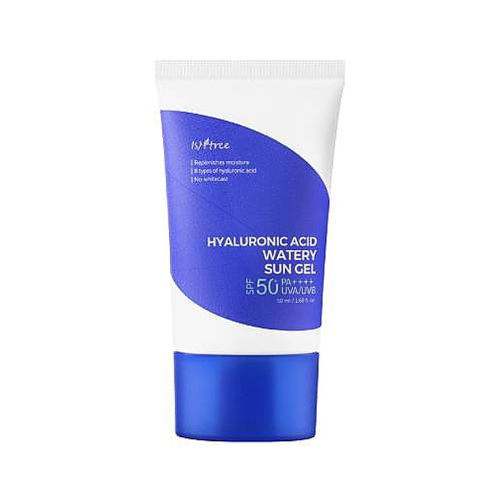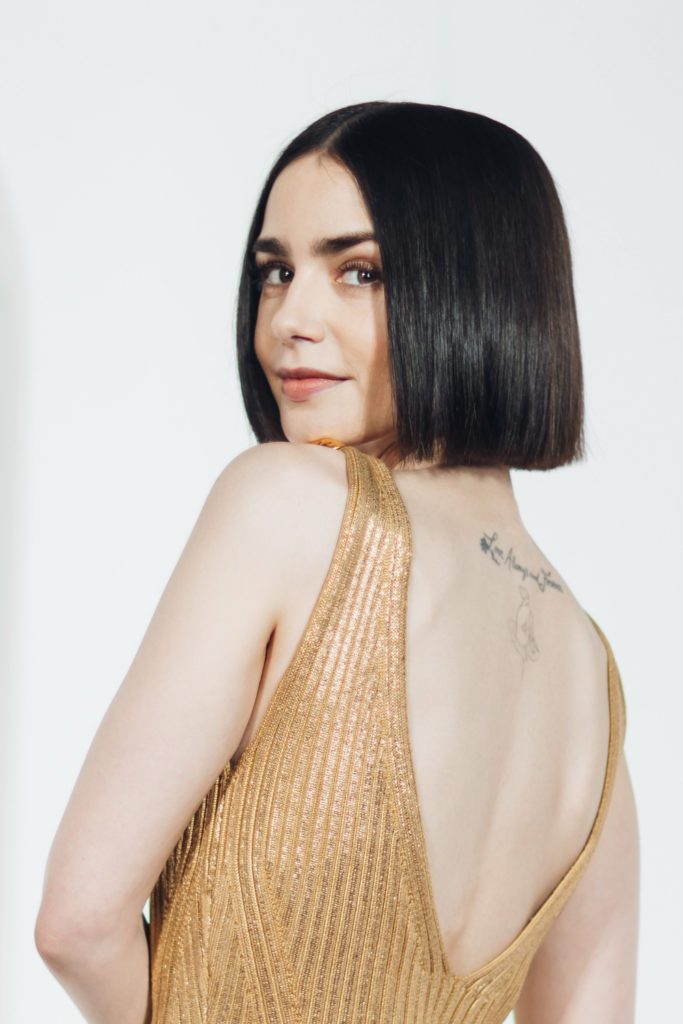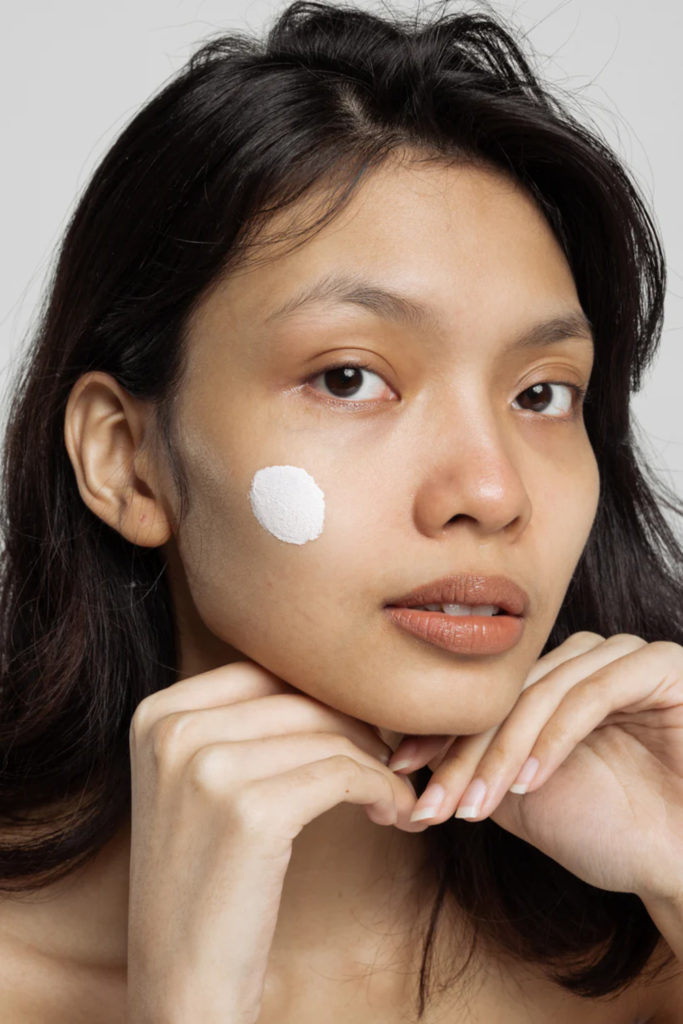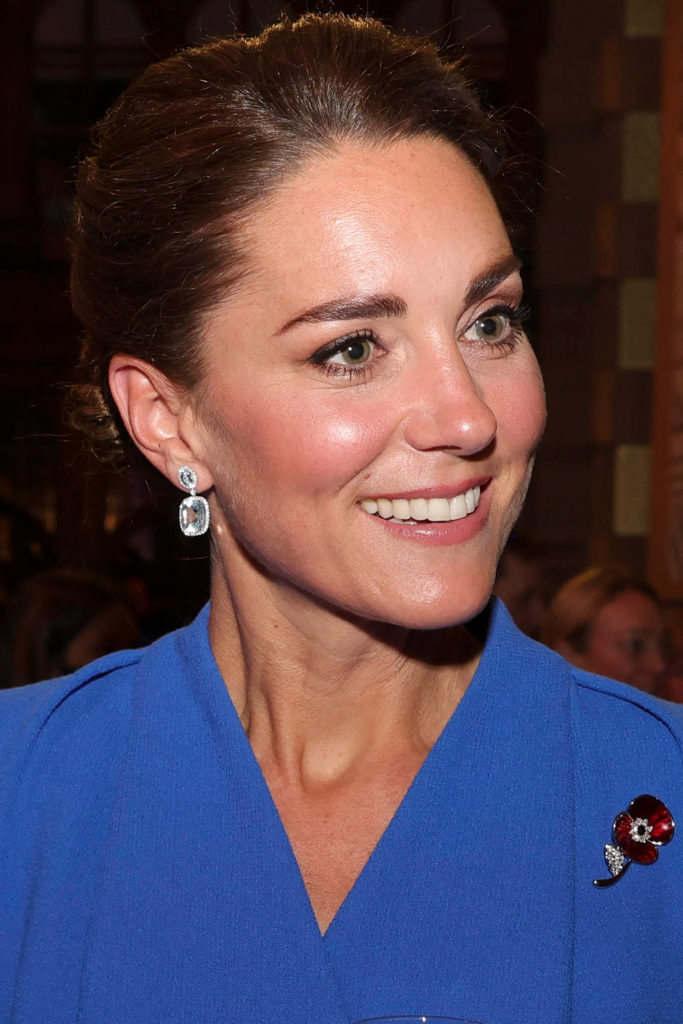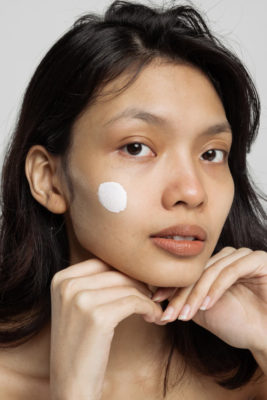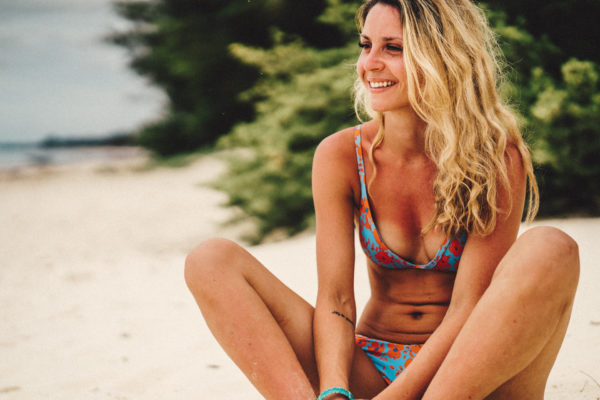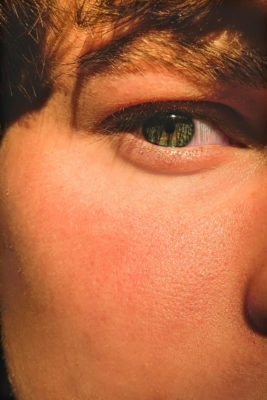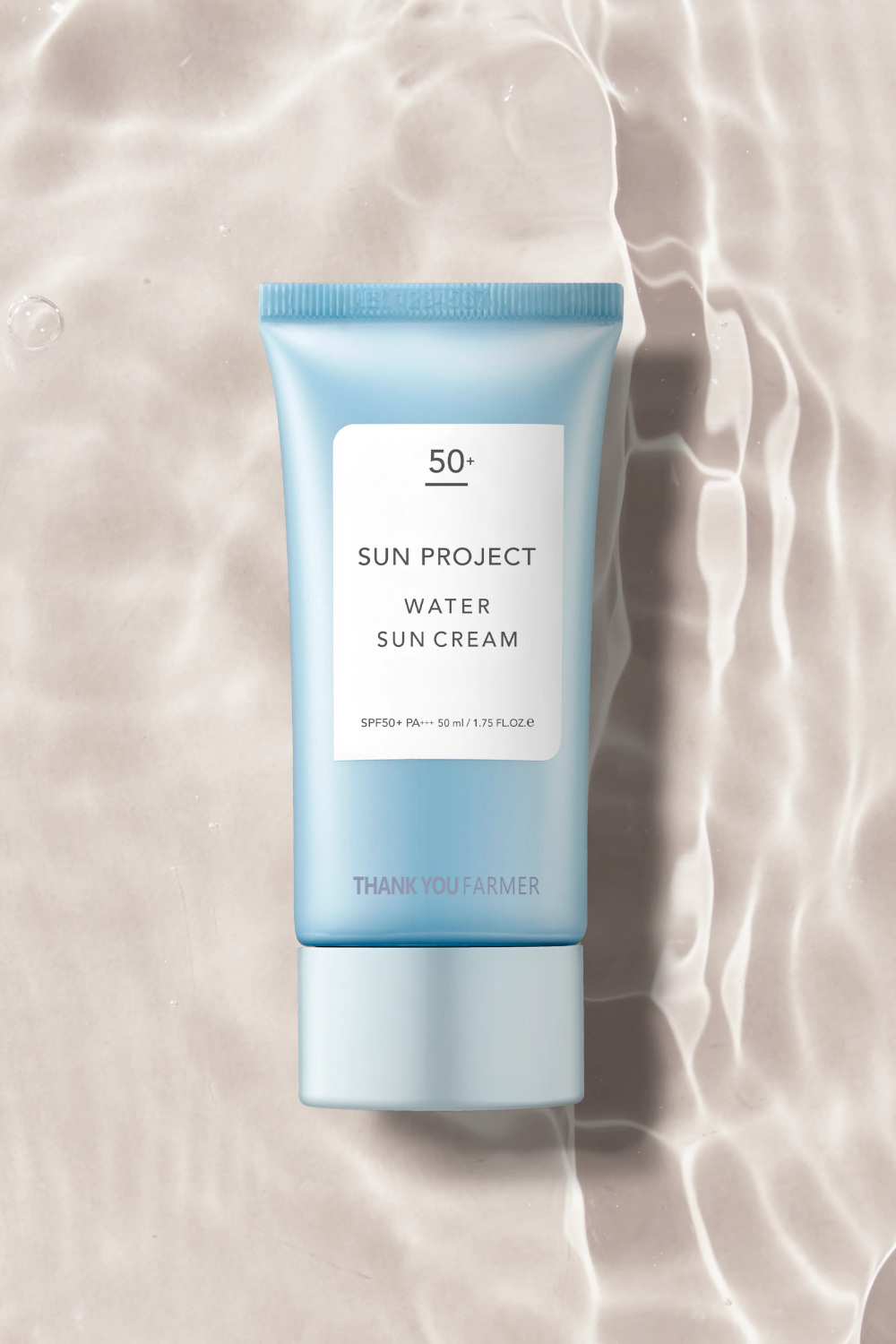
Why Is Everyone Talking About Korean Sunscreen?
By
10 months ago
K-beauty strikes again
When it’s not pumping out award-winning dramas, films and musicians, South Korea can be found nurturing an impressive beauty empire. Korean skincare has especially gained a huge following in recent years – TikTok is home to almost 200 million posts on the topic – and now that summer is in full swing, the beauty conscious among us are turning their attention to the country’s vast sunscreen offering. But where do we start? We asked the experts to point us in the right direction.
Why Is Korean Sunscreen So Popular?
‘Korean skincare has gained significant popularity due to its innovative formulations, high efficacy and comprehensive skincare routines,’ explains Kimberley Medd, Clinic Lead at Face the Future, who notes that sunscreens have become one of the most sought-after pillars of the industry in recent months. ‘Korean sunscreens specifically are in demand because they often boast advanced technology, superior textures, and multifunctional benefits. Consumers appreciate the lightweight, non-greasy feel, and the high level of broad-spectrum protection these products provide.’
@dermlifebalance Part 2: comparing viral korean sunscrens on their application, consistency, and finish! They’re all chemical sunscresns and NOT water resistant! I have all products linked on my tiktok shop if you want to try them. #kbeauty #koreansunscreen #skincare #beautyofjoseon #roundlabsunscreen #isntreesunscreen #centellaskin1004 ♬ original sound – Joyce Kim, MD Dermatology
It’s the broad-spectrum aspect – meaning that it protects the skin from both UVA and UVB rays – that remains the biggest draw when it comes to Korean sunscreen. ‘Korean SPF stands out due to its advanced formulations, which often include higher SPF ratings, PA+++ ratings for UVA protection, and skin-benefitting ingredients like niacinamide and hyaluronic acid,’ says Kimberley. ‘These products tend to be more cosmetically elegant, meaning they feel better on the skin and are easier to incorporate into daily routines.’
So, Is It Better For Our Skin Than Other Countries’s SPF Formulas?
To put it simply, it’s a tricky call. ‘While “better” can be subjective, many find Korean SPFs more pleasant to use and hence are more consistent with application,’ says Kimberley. Whether Korean sunscreen works better than others will depend entirely on the person using it, but some brand and products tend to be of a higher quality due to the ingredients used and feel better on the skin dur to their generally lightweight nature.
Are There Any Standout Ingredients?
This is where Korean sunscreen tends to stand out from its international competitors. ‘Korean beauty brands often include ingredients like centella asiatica for soothing, niacinamide for brightening and hyaluronic acid for hydration,’ explains Kimberley, who notes how ingredients such as these tend to target multiple skincare issues alongside UV protection. ‘These ingredients not only protect the skin from UV damage but also enhance overall skin health by addressing issues like inflammation, hydration and hyperpigmentation.’
@glambygilly I understand the hype 100% 💥 no white cast, hydrating & looks beautiful under makeup ✨ #beautyofjoseon #koreanskincare #koreanspf #spf #sunscreen ♬ Tareefan – Karan Aujla & DIVINE
Does It Last Longer?
Not necessarily, no. Like any other brand, Korean sunscreen and its SPF efficacy depends on proper and regular application rather than the product’s inherent longevity. ‘Most sunscreens, Korean or otherwise, need reapplication every two hours,’ reminds Kimberley. ‘Especially when exposed to direct sunlight, swimming or sweating.’
Is Korean Sunscreen Chemical Or Mineral?
‘Korean sunscreens predominantly feature chemical filters, although mineral options are also available,’ says Kimberley. Falling under the chemical sunscreen category means that Korean SPF products need time to absorb into your skin in order to be effective – typically around 20 minutes – unlike their mineral counterparts, which provide instant protection. ‘Chemical sunscreens absorb UV radiation and transform it into harmless heat, whereas mineral sunscreens (like zinc oxide and titanium dioxide) sit on the skin’s surface and reflect UV radiation. Chemical sunscreens tend to have lighter, less noticeable formulations, which align with the cosmetic elegance Korean brands are known for.’
Does It Leave A White Cast?
Famously, Korean sunscreens are known for being lightweight and absorbent enough to not leave a noticeable white cast when applied – even when a large amount is used, as demonstrated by TikTok user @yejee.lee below. This makes them ideal for use across multiple skin tones.
@yejee.lee Never doing this again but the theory is VALID ✅ IB:@Song Of Skin #koreansunscreen #nowhitecastsunscreen #spf ♬ original sound – BillyBadAss
Which Skin Types Are Better Suited To Korean Sunscreen?
‘Korean skincare often favours lightweight, hydrating formulations that can cater to all skin types, enhancing user comfort and compliance,’ emphasises Kimberley. She recommends instead looking out for certain ingredients that better align with the needs of your skin: ‘Those with dry skin should look for sunscreens with hydrating ingredients like glycerine or hyaluronic acid. Gel-based or matte-finish sunscreens are ideal to control shine for those with oily skin and a lightweight, non-comedogenic formula works best for combination skin.’
Which Korean Skincare Brands Should We Have On Our Radar?
How Much Sunscreen Should We Be Applying To Our Face & Body?
Korean or no, there is a general guide to how much sunscreen we should be applying. ‘For the face, a quarter teaspoon of sunscreen is recommended, while for the body, about an ounce (a shot glass full) should be used,’ recommends Kimberley. ‘Proper coverage ensures the stated SPF protection is achieved.’
And how often should we be reapplying? ‘Sunscreen should be reapplied every two hours when exposed to the sun, and immediately after swimming, sweating or towel drying,; she says. ‘Consistent reapplication is key to effective sun protection.’
Featured image: Thank You Farmer









